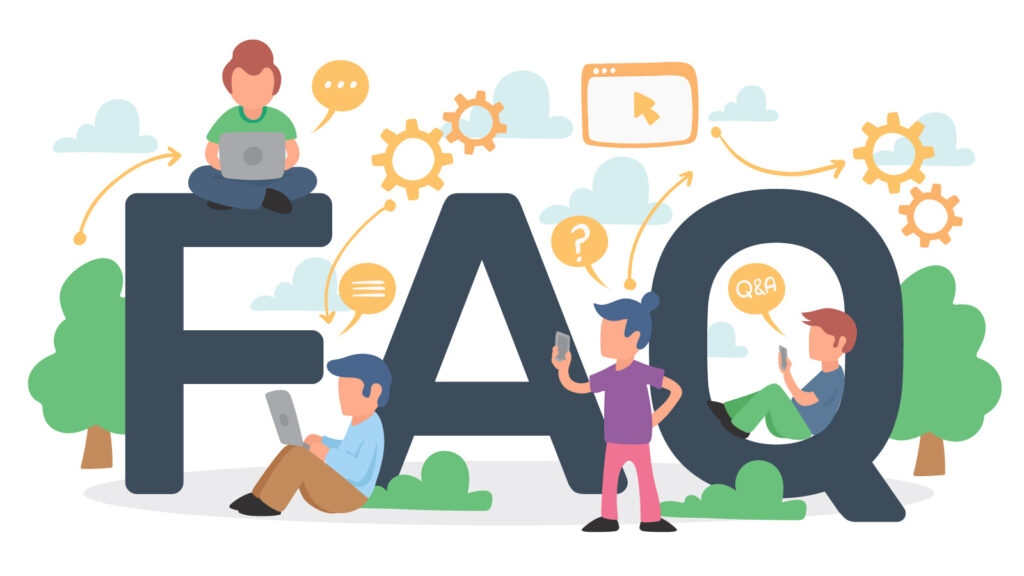Adolescence Counseling

Adolescence counseling offers a supportive environment where trained therapists assist teenagers in navigating the challenges of this transitional phase. It focuses on addressing issues such as identity formation, academic stress, peer relationships, family conflicts, anxiety, depression, and behavioral problems. Therapists utilize developmentally appropriate approaches, including cognitive-behavioral therapy (CBT), dialectical behavior therapy (DBT), and motivational interviewing, to help adolescents explore their thoughts, emotions, and behaviors. The goal is to foster self-awareness, improve coping skills, and enhance decision-making abilities. Adolescence counseling encourages open communication, builds trust, and empowers teenagers to navigate challenges effectively, promoting personal growth, resilience, and mental well-being during this crucial stage of development.
The adolescence stage is the period when a child transitions from being a child to becoming an adult and usually takes place between the ages of 10 and 19. During this period, the young adult starts experiencing a great deal of mental and physical changes. Physically, adolescents start seeing changes in their bodies, a process referred to as puberty, and is a time that leaves them confused as the changes in hormones start affecting their moods and thoughts
The Importance of Adolescent Counselling
Any parent can attest to the fact that the adolescence stage of any child can be extremely difficult and confusing. With fluctuations in mood, your youngster could be happy one minute and mad the next. Often, during this stage, most kids feel as though their parents are pressuring them and just want space. That is why most kids tend to withdraw when they reach their adolescence and don’t want much to do with their parents. During this period, they also become more aware of their bodies and their sexuality. As a result, they tend to want to make new friends and experiment with new things. It is a confusing time so parents need to monitor and supervise to ensure teenagers do not end up making wrong life decisions.
Adolescent counsellors are professionals who have been trained on how to listen to young adults and to address different things an adolescent might be going through. At the same time, they provide feedback to adolescents on how they should handle themselves amidst all the changes that they are going through.
Before looking at the different facts about adolescent counselling, it is important to understand that this form of counselling can be done using different methods or approaches. Some of the available counselling methods include:
Interactive Counselling Workshops: Interactive counselling workshops are often performed with the main intention of counselling groups of young adults all at once. During such workshops, adolescents participate in different one on one and interactive activities like talks, games and other practical sessions. At the same time, young adults are given information talks about adolescence and peer pressure.
One-on-One Counselling: One-on-One adolescent counselling involves having the adolescent attend counselling sessions. Often, this form of counselling is advised in the event a parent has concerns about their child and/or about transitioning into adolescents or who has been influenced negatively by different factors during this very fragile stage.
Facts About Adolescent Counselling
Adolescent counselling is not only for adolescents with personality or behavioral issues but is for any child undergoing adolescence who may be confused or overwhelmed. While it is important that kids with issues related to their adolescence undergo counselling, this form of therapy is crucial for any young adult as it could help them understand the changes they are going through and who they are becoming as it addresses basic aspects pertaining to adolescence.

Frequently Asked Questions
Counselling is a process between an individual and their counsellor that helps the individual to overcome difficulties and change maladaptive or unhealthy emotional, behavioural or cognitive aspects. This leads to a more adaptive pattern of thought and behaviour and a satisfactory change in the individual. Thus, Counselling is an enabling process that provides alternative ways to think, feel and behave in a healthier manner.
It is a common myth that, Counselling is only for people who are very disturbed. In fact, counselling can be helpful for any person, who can think, feel and behave appropriately most of the times but sometimes, may require help to enhance, develop, change or improve his/her condition. Students, working professionals, couples, parents may seek counselling for different issues.
When a person experiences negative emotions such as sadness, hopelessness, frequent worrying, difficulty in daily functioning for a significant period of time and cannot cope with it, then they can visit the Counsellor by taking a prior appointment. Some of the concerns with which people approach a counsellor are prolonged sadness, worry, anxiety, indecisiveness, anger, lethargy, procrastination, addictions and so on.
Any concern or experience, from an everyday concern to a unique circumstance or situation can constitute a reason to seek help from a Counsellor. Counselling addresses concerns across many life stages, events and circumstances.
Common reasons why students have sought counselling include:
- Relationship difficulties such as frequent fights, extramarital affairs, sexual worries, loss of intimacy
- Academic problems, procrastination, difficulty keeping to deadlines, low confidence
- Distress related to peer relationships, dealing with rejection
- Illness, grief and loss
- Life transition and adjustment issues
- Personal growth and understanding
- Addiction related issues
- Sexuality and gender identity
- Anxiety, Depression, Stress
- Decision related to marriage and commitment
- Separation or divorce
- Loneliness
- Violence and abuse in relationship
Only your counsellor would know of this. For all those who seek counselling, confidentiality is maintained regarding their personal information, which is not disclosed to any person, group or authority without his/her consent. In case of emergency such as, when someone is feeling overwhelmed and maybe suicidal, the person listed as their emergency contact will be reached.
Sometimes a counsellor may share details about a session or a client with a team member or their supervisor to gain clarity, and seek suggestions on the way forward. This is done without divulging personal details of the client such as their name, course in which they are studying etc. It is done for enhancing to quality of the service and for the benefit of the client. This is termed as shared confidentiality.
Counselling is a process in which the individual and the counsellor work towards a common goal which is beneficial for the individual. This can lead to a satisfactory and beneficial change in the thoughts, feelings and behaviour of the individual. It can enable them to cope with unmanageable situations in the best way possible. The process helps to enhance the overall well-being of the individual.
The duration of the Counselling process differs for each individual. It depends on the complexity of the concerns that the individual has and his/her participation in the process. On an average, counselling sessions can extend between 2-6 sessions.
